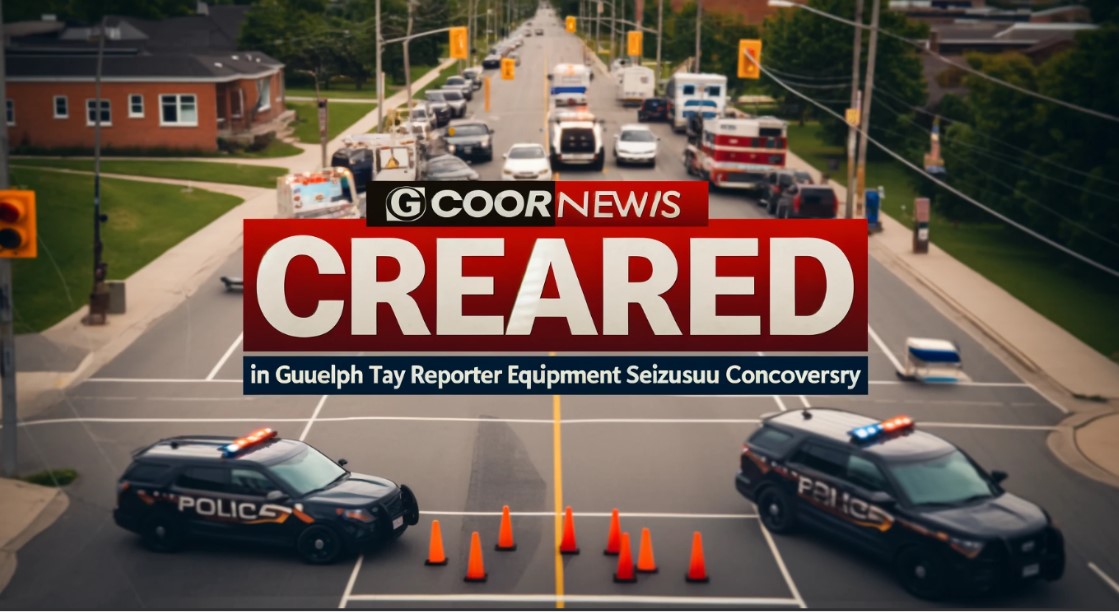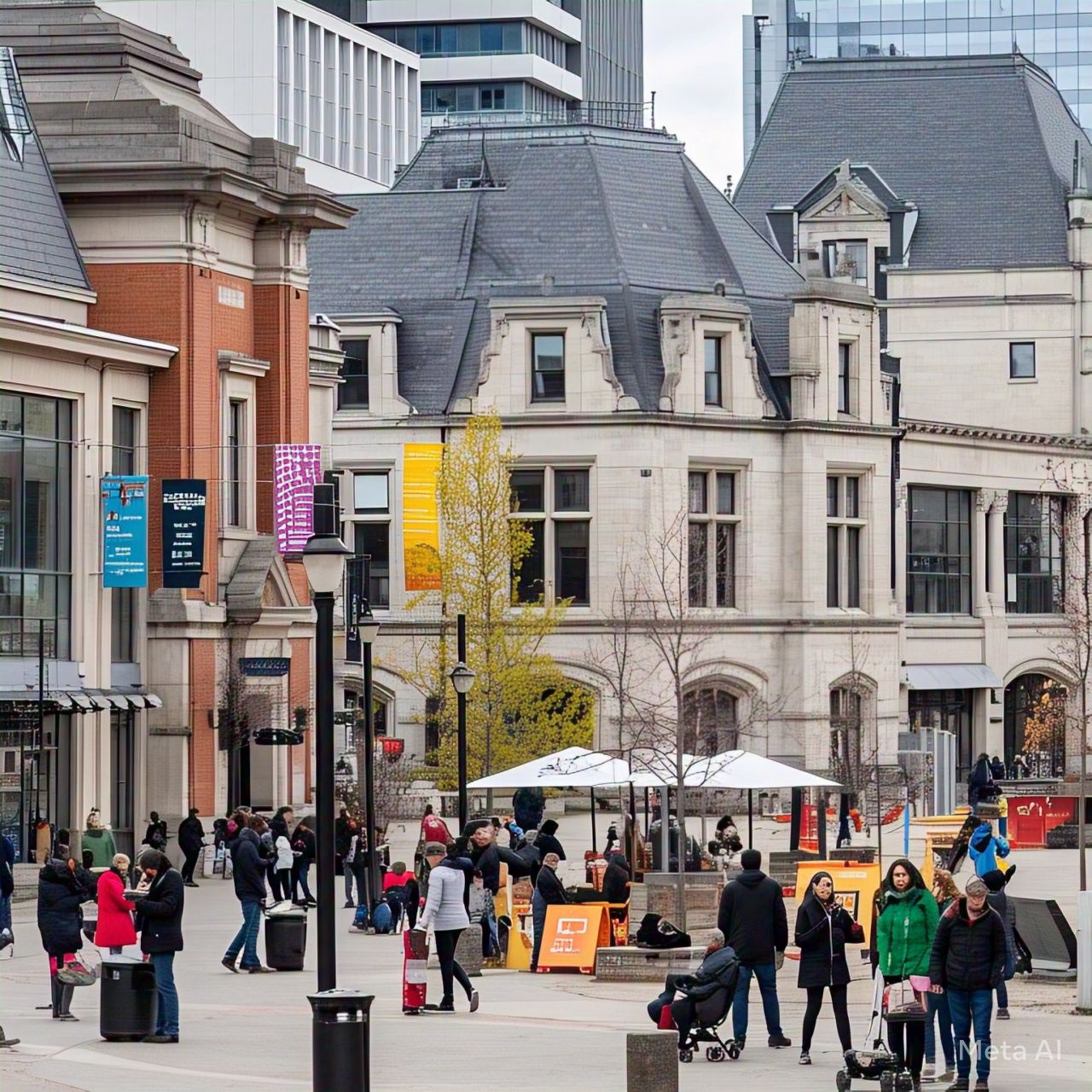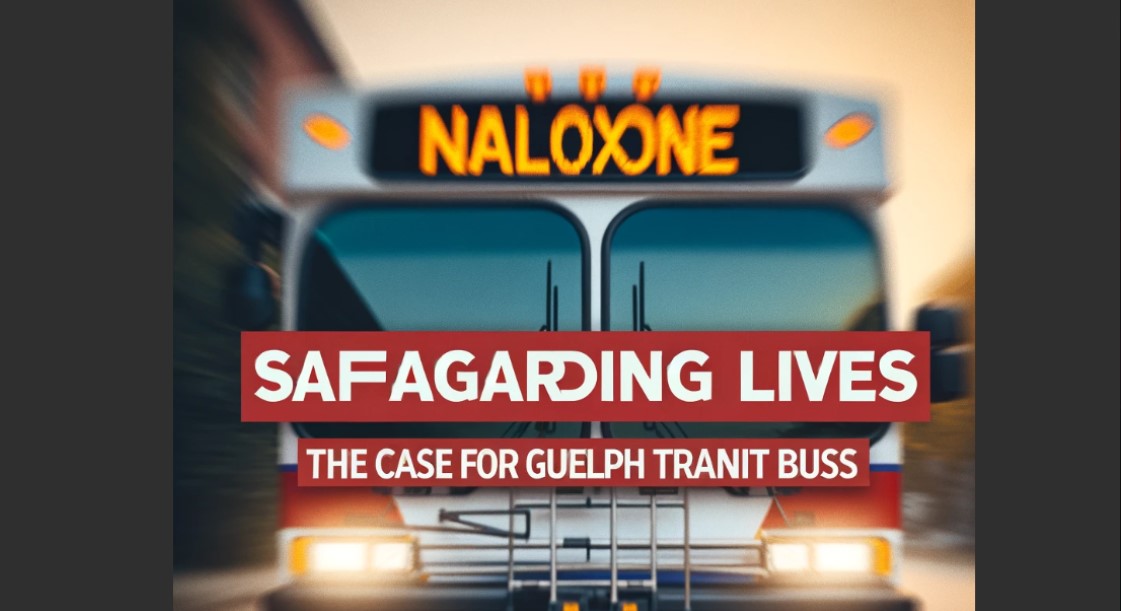At the heart of a recent controversy lies the seizure of camera equipment from a GuelphToday reporter, Richard Vivian, at the scene of a tragic vehicle-pedestrian collision in December. This incident sparked a series of events, including an internal investigation by the provincial coroner’s office, which has now cleared the local coroner of any wrongdoing. However, questions linger about the transparency and fairness of the investigation process.
The incident unfolded on December 20 at the intersection of the Hanlon Expressway and College Avenue, where a vehicle had tragically struck and killed a pedestrian. Upon arriving at the scene, Vivian, a seasoned journalist with decades of experience, found himself detained by an Ontario Provincial Police (OPP) officer. The officer, reportedly agitated by Vivian’s presence and positioning on the sidewalk, where pedestrians commonly walked, proceeded to confiscate Vivian’s camera.
What followed was a complex interplay between law enforcement and media rights. The OPP officer’s actions led to a complaint from GuelphToday, alleging that there was no justification for seizing Vivian’s equipment and that the coroner acted at the officer’s request. This complaint raised concerns about press freedom and the professional conduct of authorities at the scene of such incidents.
In response to the complaint, the Chief Coroner of Ontario, Dr. Dirk Huyer, initiated an internal investigation conducted by Deputy Chief Coroner Bonnie Burke. However, notable criticisms emerged regarding the investigation’s methodology. Burke’s inquiry did not include interviews with Vivian or GuelphToday’s editor, Tony Saxon, who filed the initial complaint. This omission raises questions about the thoroughness and impartiality of the investigation process.
The decision, as communicated by Huyer, emphasized that the coroner acted within the legal framework provided by the Coroner’s Act, which grants coroners the authority to seize relevant materials as evidence. However, the decision did not delve into the specifics of why Vivian’s SD card was deemed necessary for the investigation, nor did it directly address the concerns raised by GuelphToday regarding the motivations behind the seizure.
The Canadian Association of Journalists (CAJ) expressed dissatisfaction with the investigation’s outcomes, highlighting the contradiction between respecting press freedom and justifying actions that impede journalistic activities. CAJ President Bent Jolly underscored the importance of journalists’ independence and the need for public authorities to uphold press freedom rights.
As the investigation with the OPP’s Professional Standards Unit continues, seeking to determine whether unprofessional conduct charges are warranted against the officer involved, the broader issue of safeguarding press freedom and ensuring fair treatment of journalists remains paramount. GuelphToday’s quest for official acknowledgment of Vivian’s professional conduct underscores the ongoing challenges faced by journalists in fulfilling their essential role in society.



